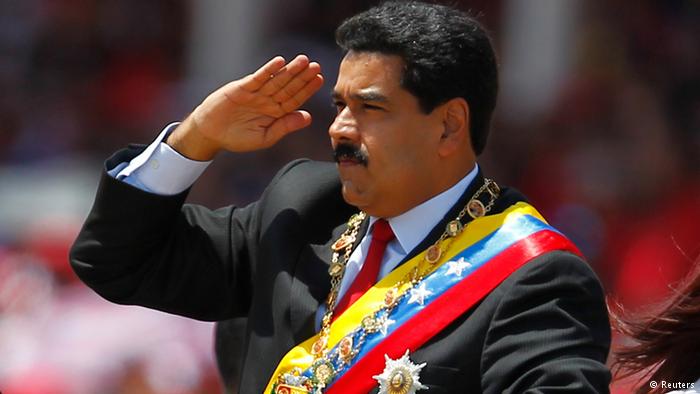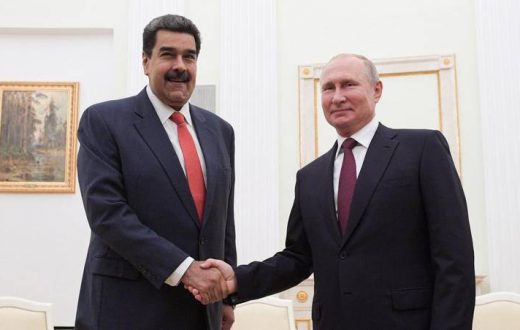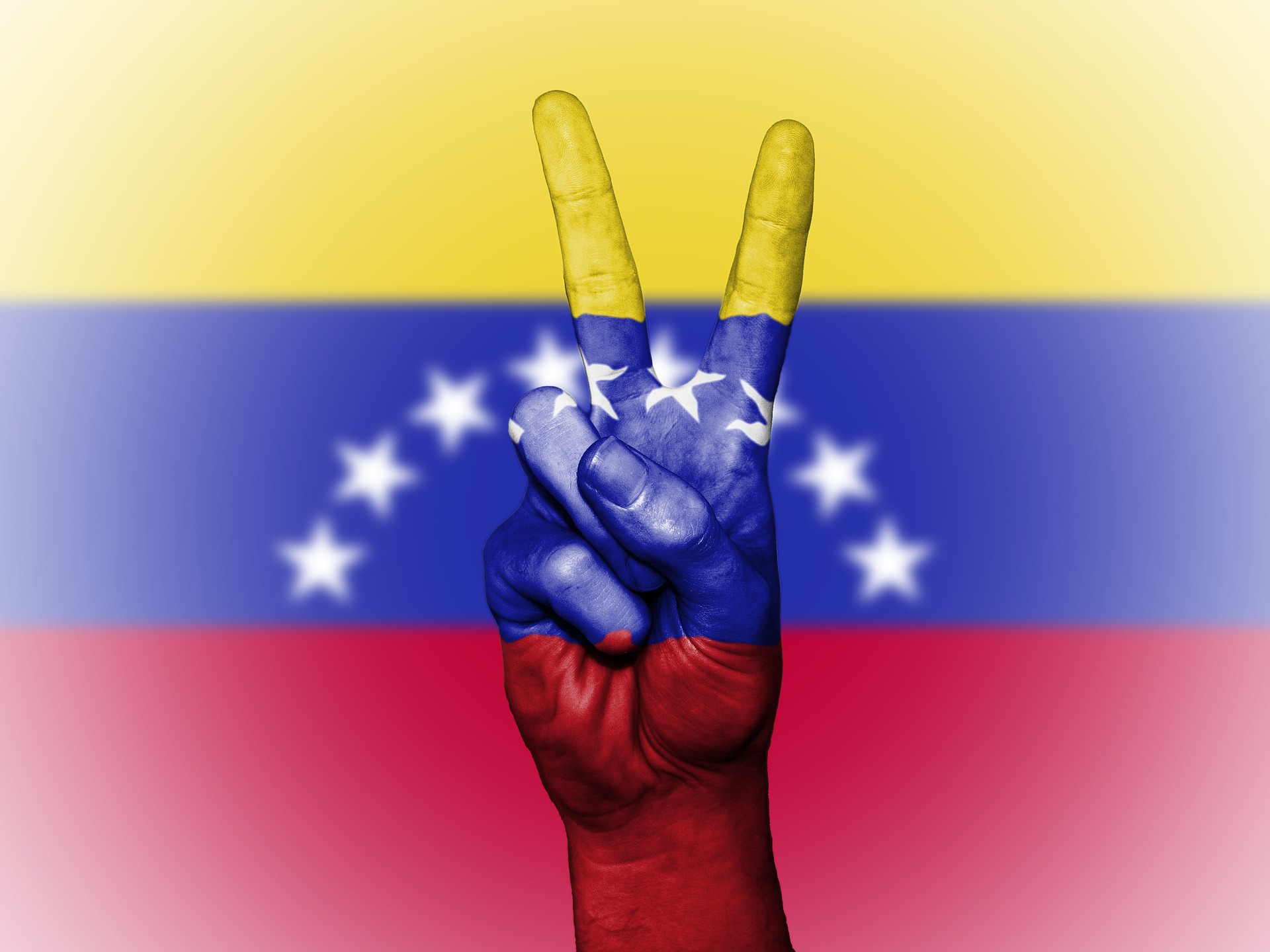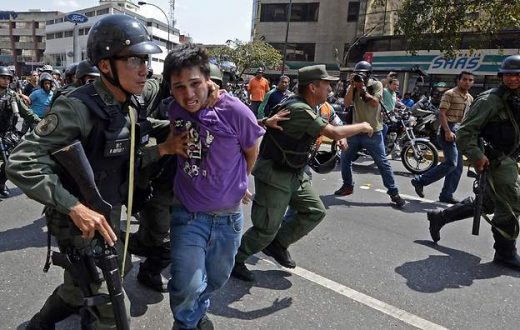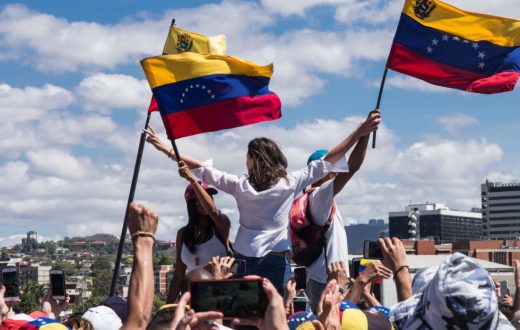Forecast
- A Dec. 6 electoral defeat for the ruling United Socialist Party of Venezuela (PSUV) would widen internal party divisions in 2016.
- The party’s two main faction leaders will continue to strive to maintain party unity after the election to protect their respective positions.
- Those efforts aside, a worsening economic picture in 2016 will make maintaining their positions difficult.
Analysis
The balance of political power in Venezuela is poised for a major change following Dec. 6 legislative elections, when the ruling United Socialist Party of Venezuela (PSUV) and the main opposition Democratic Unity Roundtable will square off over 167 National Assembly seats. In the lead-up to the elections, both parties have sought to portray themselves as unified fronts. In actuality, the PSUV is split into two main factions, one associated with President Nicolas Maduro and the other with Assembly Speaker Diosdado Cabello, and several smaller factions.
The worse the PSUV fares Dec. 6, the faster its fragmentation will likely be, though PSUV-led elites will initially seek to defend their interests by calling for unity. Such appeals for a united front will likely fail as social unrest stemming from increasing economic instability continues through 2016. Major disagreements will emerge over how to manage unrest and maintain influence within the National Bolivarian Armed Forces.
Maduro vs. Cabello
Maduro and Cabello joined the PSUV in the 1990s, when they were early backers of Hugo Chavez’s bid for presidency. The similarities, however, end there and the two leaders come from very different backgrounds.
Maduro began his political career as a union leader in the 1980s. He first became a prominent Chavista when his now wife, Cilia Flores, became Hugo Chavez’s lawyer following an unsuccessful 1992 coup attempt. After Chavez’s imprisonment, Maduro rose to prominence as a pro-Castro Marxist activist demanding Chavez’s release. Meanwhile, Cabello — a former army lieutenant — became known for leading a group of four tanks during the 1992 coup attempt and then for serving time with Chavez until their release in 1994.
In gratitude for their loyalty, Chavez gave Cabello and Maduro important positions within his government. Diosdado served as interior minister and vice president, while Maduro became foreign minister and assembly speaker. Their common affiliation with the PSUV aside, Cabello and Maduro currently represent different wings within Chavismo.

Maduro’s allies largely have civilian backgrounds and belong to the most ideologically radical faction of the PSUV, embracing Raul and Fidel Castro’s influence in the Venezuelan government. According to Stratfor sources in Venezuela, Maduro’s wife, Flores, enjoys the most clout within Maduro’s wing, having had government positions awarded to relatives such as Treasury Secretary Carlos Erick Malpica Flores. Maduro’s other allies hold the defense, finance, food and foreign affairs portfolios. The governor of Aragua state, who is wanted on drug charges in the United States, is also an ally. Most significantly, because Maduro’s wing is the most ideological, he also has the support, via the Ministry of Communes, of radical-left wing militias centered in the western slums of Caracas.
A military background is the main commonality between Cabello’s key allies. At present, he holds more influence over national security and Venezuela’s intelligence apparatus than does Maduro. Cabello wields significant sway over the leadership of the National Bolivarian Armed Forces and the Bolivarian Intelligence Agency and dominates key strategic ministries related to security, governance and industrial development. He is also known to have strong ties with several state governors. To a lesser extent, he has financed some of the Bolivarian militias and the Revolutionary Tupamaro Movement.
Up until now, Maduro and Cabello have refrained from targeting each another. In fact, they have publically supported one another, both speaking out against Drug Enforcement Agency efforts targeting Cabello. Much as each might like to supplant the other, Maduro and Diosdado need to remain united to maintain the immunity from prosecution their control of the National Assembly gives them. Any infighting would undermine the appearance of party unity, threatening their control of the assembly and potentially opening them up to criminal charges were they to leave office.
The Significance of Dec. 6
Cabello’s and Maduro’s efforts to foster unity might not be enough to stem the discontent among PSUV elites who could see a loss Dec. 6 as reason to form their own political parties. Their discontent largely has arisen from increasing product shortages and high economic insecurity. Inflation in Venezuela stands at more than 200 percent while GDP has contracted 10 percent throughout 2015. The economic troubles have manifested in slowing economic activity, with exports and imports dropping dramatically.
How badly the party fractures after Dec. 6 depends upon whether the PSUV loses by a narrow or wide margin. In anticipation of a loss, the PSUV has started to prepare for a turbulent 2016. The Bolivarian Intelligence Agency’s 2016 budget has been sharply increased, with 632 million Bolivars (roughly $99 million pegged at the official exchange rate) allocated versus the 190 million Bolivars in 2015.
If the PSUV loses the National Assembly, in the short-term, party elites will likely try to manage by using their control of the Supreme Court to invalidate opposition legislation. But even so, ongoing economic troubles virtually guarantee increasing social unrest, probably in the form of opposition-led protests. Widespread protests can be expected to deepen divisions within the PSUV. Further divisions will be particularly dangerous for Maduro, who is likely to be the focal point for anti-government protesters’ anger and could wind up facing a presidential recall referendum.

